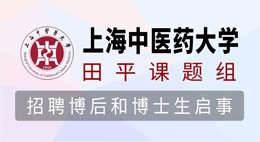Transportation ( IF 3.5 ) Pub Date : 2025-01-18 , DOI: 10.1007/s11116-024-10577-3
Chengcheng Liu, Wenjia Zhang, Nuoxian Huang
Anti-congestion policies, such as urban spatial planning, transport infrastructure, and economic incentives, are often regarded as effective structural measures for relieving citywide traffic congestion. However, few studies have empirically investigated and compared the intervention effects of such structural policies on relieving congestion. Using longitudinal AutoNavi’s big-data-based congestion delay index from 96 congested Chinese cities, we developed panel regression models with random effects to estimate the impact of four types of structural determinants on traffic congestion, including fuel price, road construction, public transportation, and urban spatial characteristics. The empirical results demonstrate that (1) the impacts of urban spatial characteristics and public transportation outweigh the impacts of fuel price and road construction on traffic congestion in terms of significance level and quantity; and (2) higher gasoline prices, road length and capacity expansion, a polycentric urban structure, and mixed land use contribute to alleviating traffic congestion. These findings enable a systematic understanding of the determinants of traffic congestion and provide policy implications in the context of developing countries.































 京公网安备 11010802027423号
京公网安备 11010802027423号